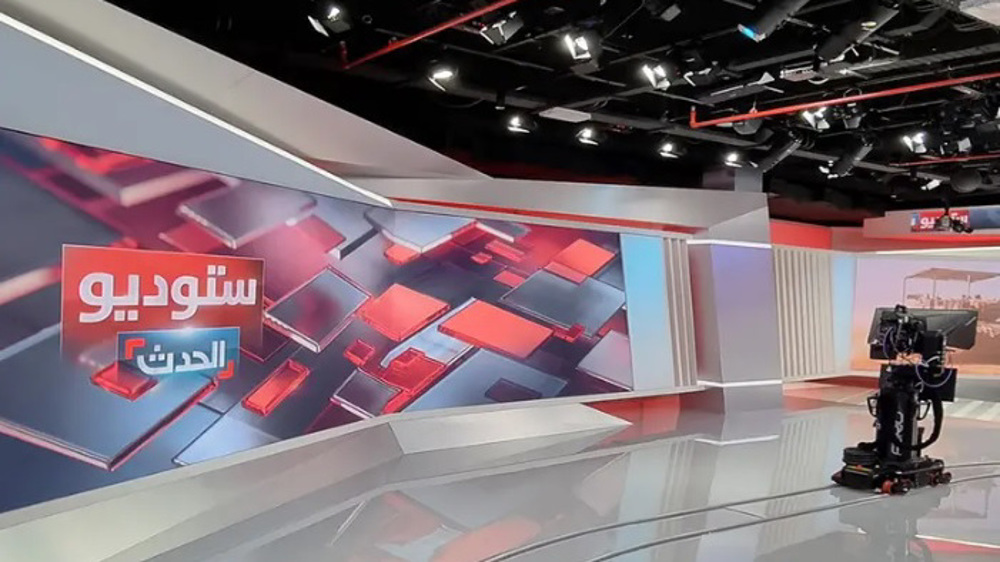HRW urges Riyadh to clarify deposed crown prince’s status
Human Rights Watch (HRW) has called on Saudi Arabia to clarify whether restrictions are imposed on recently-deposed crown prince Mohammed bin Nayef bin Abdulaziz Al Saud’s freedom of movement.
The rights organization made the request on Thursday in a letter addressed to Saudi Foreign Minister Adel al-Jubeir.
“Reports that Mohammad bin Nayef is under a travel ban and home detention without due process are bitterly ironic given his role in imposing similar arbitrary restrictions on thousands of Saudis,” said Sarah Leah Whitson, Middle East director at HRW.
She was referring to the rampant use of travel bans and detentions against Saudis under the prince’s tenure as an interior minister.
“The Saudi government needs to call a halt to officials’ arbitrary abuses of power,” she added.
Last month, Saudi King Salman bin Abdulaziz Al Saud appointed his son Mohammed bin Salman as crown prince - replacing bin Nayef, as first in line to the throne.

The summary removal of bin Nayef raised eyebrows inside and outside the kingdom, with several observers saying the incident amounted to a palace “coup.”
Last week, a source close to Saudi Arabia's rulers told Reuters that bin Nayef was dismissed by the royal family "in the higher interests of the state" because he was incapacitated by morphine and cocaine addiction, often falling asleep at public events.
The prince’s addiction was said to be a legacy of a botched attack against him in 2009 that left shrapnel in his body.
Sources close to bin Nayef said he has been confined to his palace in the city of Jeddah since he was removed from power.
There are reports suggesting that the Saudi king was determined to elevate his son to be heir to the throne and used bin Nayef’s alleged drug problem as a pretext to push him aside.
Some analysts said bin Nayef was forced to make way for Salman’s rise to power under a carefully planned plot.
“Not only was bin Nayef unceremoniously dumped to make way for the ailing king's younger son; not only were his bodyguards, advisers and mobile phones taken away from him until he was forced to resign and filmed giving an oath of allegiance to his younger cousin; not only has he been de facto under house arrest …. to add insult to injury, there followed a media campaign defaming him as a morphine addict,” British analyst David Hearst wrote in an article for the Middel East Eye news portal.
Meanwhile, a well-known Saudi whistleblower, known on Twitter as @mujtahidd, predicted that King Salman would renounce power in favor of his son.
Iranian diaspora in EU, UK deplore ban on national airline
VIDEO | Press TV's News Headlines
Israel’s military struggling with shortage of troops: Report
Iran calls for more efforts to establish peace in Gaza, Lebanon
Israel targets journalists in southern Lebanon to mask atrocities
Trump vs Harris: A choice between two deranged war hawks who cheer genocide in Gaza
Over 1,800 Palestinians killed in Israel’s month-long attacks in northern Gaza
UN official urges Egypt to seize Israel-bound arms ship MV Kathrin














 This makes it easy to access the Press TV website
This makes it easy to access the Press TV website